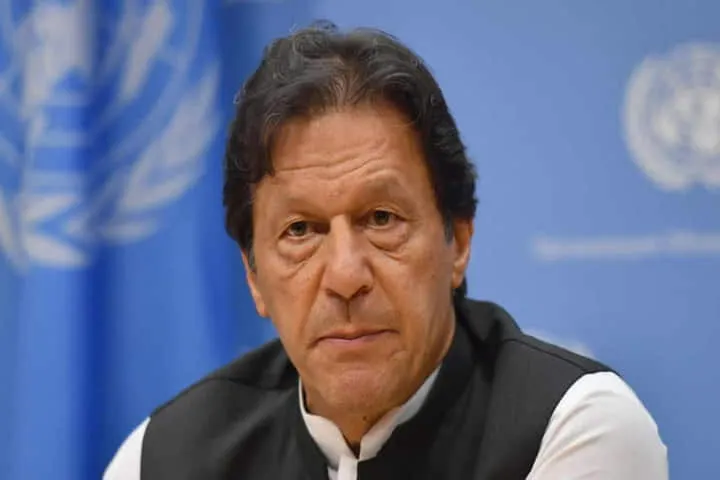Much to the relief of Pakistan Prime Minister Imran Khan, the International Monetary Fund (IMF) approved disbursement of $1 billion as part of its $6 billion loan programme under the Extended Fund Facility (EEF) that essentially facilitates assistance to countries with serious payment imbalances caused due to structural impediments or slow growth. Despite this, the road ahead for Khan may be even tougher, as he is expected to implement more structural reform measures.
At a time when inflation is at a two-year high of 13 per cent — in January inflation touched 13 per cent up from 12.3 per cent in December, announcing such measures would surely not be easy. Khan has already come under severe criticism for “surrendering” to the IMF.
In April last year, the inflation rate in Pakistan touched 11.1 per cent. Though it eased a little after that, since August, prices have been rising again, impacting the poorer section the most. “The country’s economic situation has come as a blow for Imran Khan, whose promise, when he assumed power, was to fix it. The economy has gone southward,” an expatriate said.
Also read:Is the anti-Pakistan militant group, TTP, forging an alliance with armed rebels in Balochistan?
The IMF said that Pakistan’s economy remains vulnerable to rising geopolitical conditions and tighter international financial conditions. It also said that though it recovered a fair bit from the initial shocks of the Covid 19 pandemic, “imbalances have widened and risks remain elevated.”
It added that “strengthening the medium-term outlook hinges on ambitious efforts to remove structural impediments and facilitate the structural transformation of the economy.”
“Imran Khan has been unleashing one after another demon of inflation on the nation and then acts totally clueless as if he does not know how it has happened. The only reason for this inflation and economic destruction is the PTI government,” Shehbaz Sharif, leader of the Opposition in the National Assembly said in a statement.
As prescribed by the IMF, Khan’s Pakistan Tehreek-i-Insaf (PTI) government passed the Finance Supplementary Bill and the State Bank of Pakistan (SBP) bill last month. The ‘mini budget’ as claimed by many including the opposition party members has sought to bring about a host of structural reforms — including raising the general sales tax (GST) from 10 per cent to 17 per cent on more than 40 items and put an end to several exemption, it has not been taken well by the people of the country.
Separately, the Asian Development Bank in a report said that without the structural reforms, the $60 billion China-Pakistan Economic Corridor (CPEC) will not be able to generate maximum benefits.
The Manila based multilateral agency added that tax reforms would be critical to widen the tax base and enhance the perceived fairness of the tax system.
Amid rising debt levels, Islamabad received a $3 billion loan from Saudi Arabia in December.
According to the IMF, the total purchases for budget support under the EFF amounts to about $3 billion for Pakistan which is 106 per cent of quota.




















